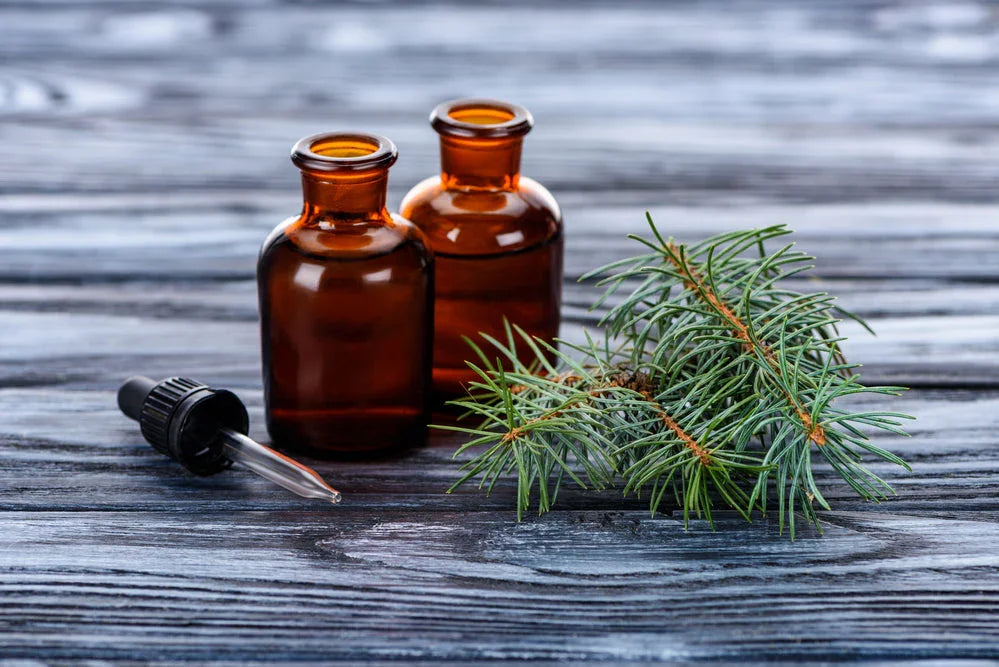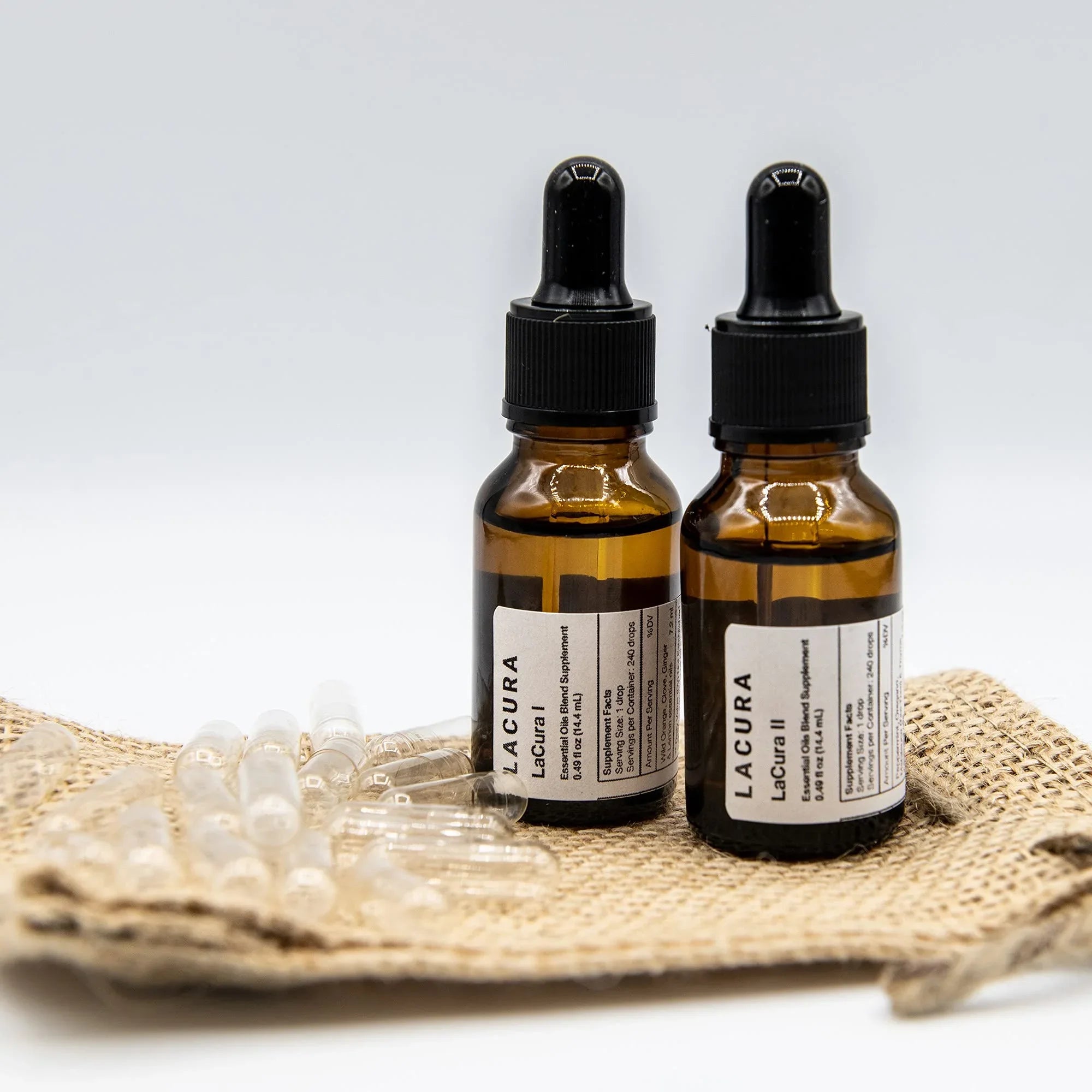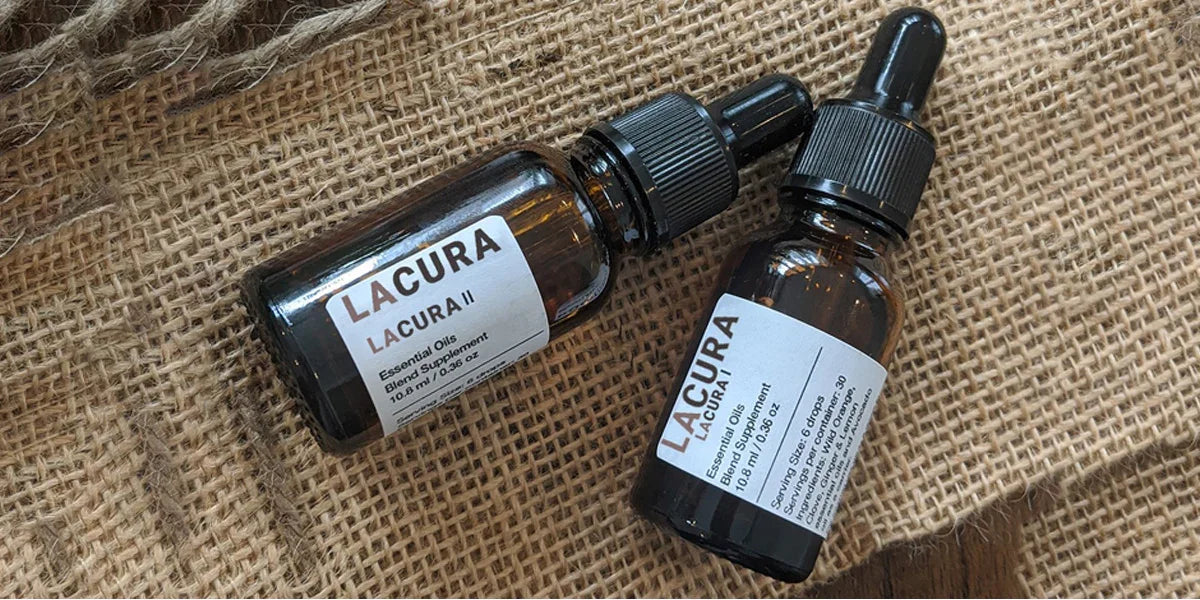I often have patients with hashimotos, multiple sclerosis and graves disease at my clinic.
Autoimmune conditions like these reduce the function of the specific organ such as the thyroid, producing and balancing hormones, the pancreas that produces insulin, and arthritis which can result in deformed joints.
These are dangerous and possibly irreversible conditions, and the urgency is to catch it early and not ignore any symptoms, otherwise the body could keep being attacked. When there is severe inflammation, conventional medicine is utilized, and at the same time, it is crucial to support your body with some of the suggestions in this post.
Some of my clients' doctors told them there is nothing they could do except take medications, yet this suppresses the immune system. While some patients see improvements, these medications have side effects.
When you suppress the immune system you’re more prone to viruses, bacteria, and the immune system is now weaker. However, if you find out what causes the immune system to be overactive, you could improve it with alternative options.
The conventional medical approach treats autoimmune disease by suppressing the immune system.
In my practice in functional medicine I look for root causes, and try to figure out what is causing the body to attack its own cells.
Autoimmune disease does not go away if you don’t take care of it. We need to find a way to support the body.
Something of great importance that people are not aware of is that when you have an autoimmune condition, you can bring the body into remission.
Essential Oils for Inflammation - Autoimmune Conditions
Essential oils are a great way to quiet the immune system that is overactive or underactive, and balance the body.
Turmeric: The active ingredients in turmeric or curcumin may have anti-inflammatory properties. It has been shown to help improve circulation.
Ginger: Ginger has long been recommended for people with chronic inflammation and pain.
Lavender: Massaging lavender onto swollen joints report reduced pain after the first week.
Frankincense: According to the Arthritis Foundation, the acids in frankincense have anti-inflammatory and analgesic properties, and treat a wide variety of ailments, including chronic pain and inflammation.
Cinnamon: Reduces inflammation.
Eucalyptus: Several compounds in eucalyptus have been shown to reduce inflammation, swelling, and pain. Medicalnewstoday.com
The Immune System
“The immune system normally guards against germs like bacteria and viruses. When it senses these foreign invaders, it sends out an army of fighter cells to attack them.
Normally, the immune system can tell the difference between foreign cells and your own cells.
In an autoimmune disease, the immune system mistakes part of your body, like your joints or skin, as foreign. It releases proteins called autoantibodies that attack healthy cells.” Healthline
Autoimmune disease symptoms often don’t announce their arrival loudly and people do not always know they have it.
People report they slowly develop autoimmune conditions like leaky gut without realizing anything is wrong. The road to a diagnosis can be long and frustrating at times. The average person reports going to between 6 -10 Dr’s before autoimmunity is recognized as the culprit, mainly because the symptoms of these diseases could be so vague.
Here is some information about how you know if you’re suffering autoimmune disease symptoms, and what you can do about them.
Common Autoimmune Disease Symptoms
- Fatigue
- Joint pain and swelling - achy muscles
- Skin rashes
- Abdominal pain or digestive issues
- Recurring fever - low grade fever
- Swollen glands - swelling and redness
- trouble concentrating
- numbness and tingling in the hands and feet
- hair loss org Healthline
We do know that certain risk factors increase the chances of developing autoimmune disorders, including:
- Genetics: Certain disorders such as lupus and multiple sclerosis (MS) tend to run in families.
- Weight: Being overweight or obese raises your risk of developing rheumatoid arthritis or psoriatic arthritis, possibly because more weight puts greater stress on the joints, and/ or fat tissue encourages inflammation.
- Smoking: Lupus, rheumatoid arthritis, hyperthyroidism and MS have been linked by research to smoking.
- Certain medications: Certain blood pressure medications or antibiotics can trigger drug-induced lupus, which is often a more benign form of lupus.
The most common autoimmune diseases in women are:
- Rheumatoid arthritis, a form of arthritis that attacks the joints.
- Psoriasis, a condition marked by thick, scaly patches of skin.
- Psoriatic arthritis, a type of arthritis affecting some people with psoriasis.
- Lupus, a disease that damages areas of the body that include joints, skin and organs.
- Thyroid diseases, including Graves’ disease, where the body makes too much thyroid hormone (hyperthyroidism), and Hashimoto’s thyroiditis, where it doesn’t make enough (hypothyroidism) of the hormone.
Symptoms of autoimmune disease may be severe in some people and mild in others. Hopkinsmedicine.org
The Gut Connection
Studies in respected medical journals, such as the Lancet, the British Medical Journal and the International Journal of Gastroenterology have suggested that leaky gut causes autoimmune diseases, such as lupus and rheumatoid arthritis.
Foods that promote inflammation include:
- Refined vegetable oils - such as canola, corn and soybean oils, high in pro-inflammatory omega-6 fatty acids
- Pasteurized dairy products
- Refined carbs and processed grains
- Conventional meat, poultry and eggs due to feeding the animals corn and cheap ingredients that negatively affect their microbiomes
- Added sugars
Foods that are healthy
- Fresh vegetables: try for a minimum of four to five servings each day. Some of the best: beets; carrots; cruciferous vegetables (broccoli, cabbage, cauliflower and kale); dark, leafy greens (collard greens, kale, spinach); onions; peas; salad greens; sea vegetables; and squashes.
- Whole pieces of fruit (not juice): Fruit contains various antioxidants which are tied to cancer prevention and brain health. Three to four servings per day is a good amount for most people, especially apples, blackberries, blueberries, cherries, nectarines, oranges, pears, pink grapefruit, plums, pomegranates, red grapefruit or strawberries.
- Herbs, spices and teas: turmeric, ginger, basil, oregano, thyme, etc., plus green tea and organic coffee in moderation.
- Probiotics: Probiotic foods contain good bacteria that populate your gut and fight off bad bacterial strains. Foods such as yogurt, kombucha, kvass, kefir or cultured veggies in your diet daily.
- Wild-caught fish, cage-free eggs and grass-fed/pasture-raised meat: great sources of protein, healthy fats, and essential nutrients like zinc, selenium and B vitamins, high in omega 3 fatty acids
- Healthy Fats: grass-fed butter, coconut oil, extra virgin olive oil, nuts/seeds.
- Ancient grains and legumes/beans: best when sprouted and 100 percent unrefined/whole. Two to three servings per day or less is best, especially Anasazi beans, adzuki beans, black beans, black-eyed peas, chickpeas, lentils, black rice, amaranth, buckwheat, quinoa.
- Dark chocolate/cocoa in moderation: several times per week or a small amount daily, and red wine. (draxe)
Autoimmune Disease Symptoms Takeaways
The symptoms of an autoimmune disease affect brain, skin, mouth, lungs, sinus, thyroid, joints, muscles, adrenals and GI tract functions. The average number of doctors a person visits before autoimmunity is suspected is six to 10.
It often takes up to five years for an official autoimmune diagnosis. Almost one in six people in the U.S. — 50 million overall — live with autoimmune disease symptoms.
You can tackle autoimmune disorders by utilizing essential oil capsules/ diffuser/ massage, addressing leaky gut, removing foods and factors that damage the gut, replacing them with healing foods, repairing with specific supplements, and rebalancing with probiotics.
Contact us at LaCura to create a special immune system booster blend specifically for you.
*No single test can diagnose most autoimmune diseases. Your doctor will use a combination of tests and a review of your symptoms and physical examination to diagnose you. Healthline
*always see your medical professional/specialist; Rheumatologist (joint diseases), Gastroenterologist (GI, celiac, Chron’s etc.), Endocrinologists treat conditions of the glands, including Graves’ disease, Hashimoto’s thyroiditis, and Addison’s disease, Dermatologists treat skin conditions, such as psoriasis.
*supplements to boost immune system what does the immune system do





